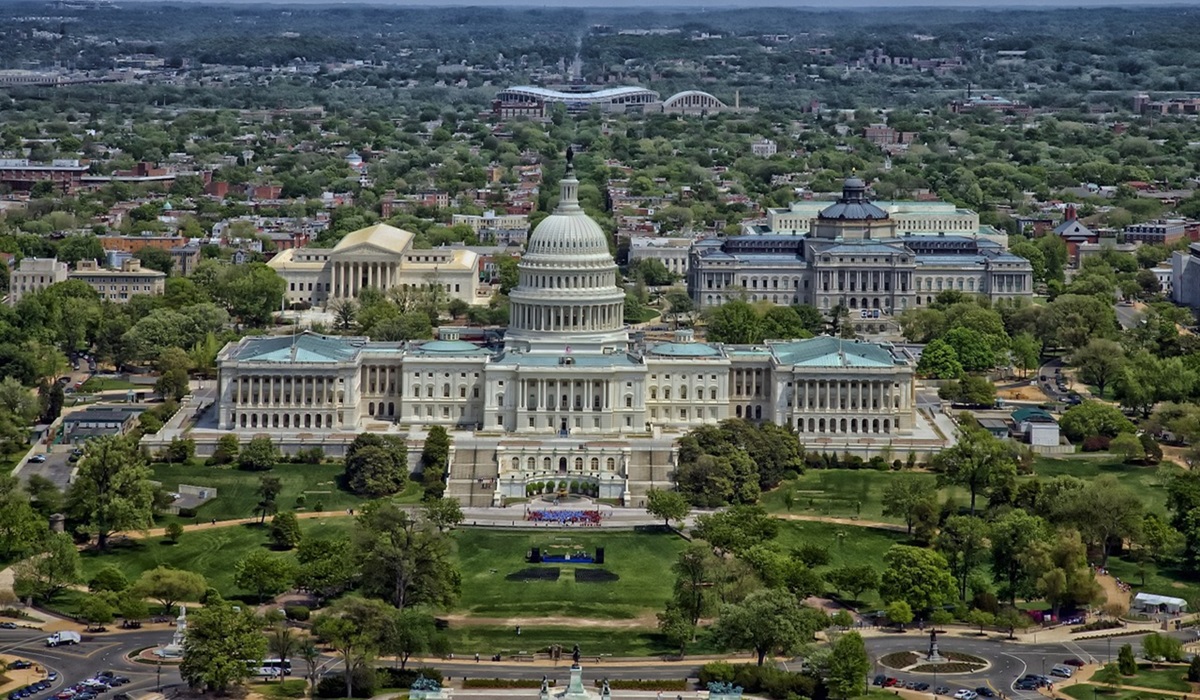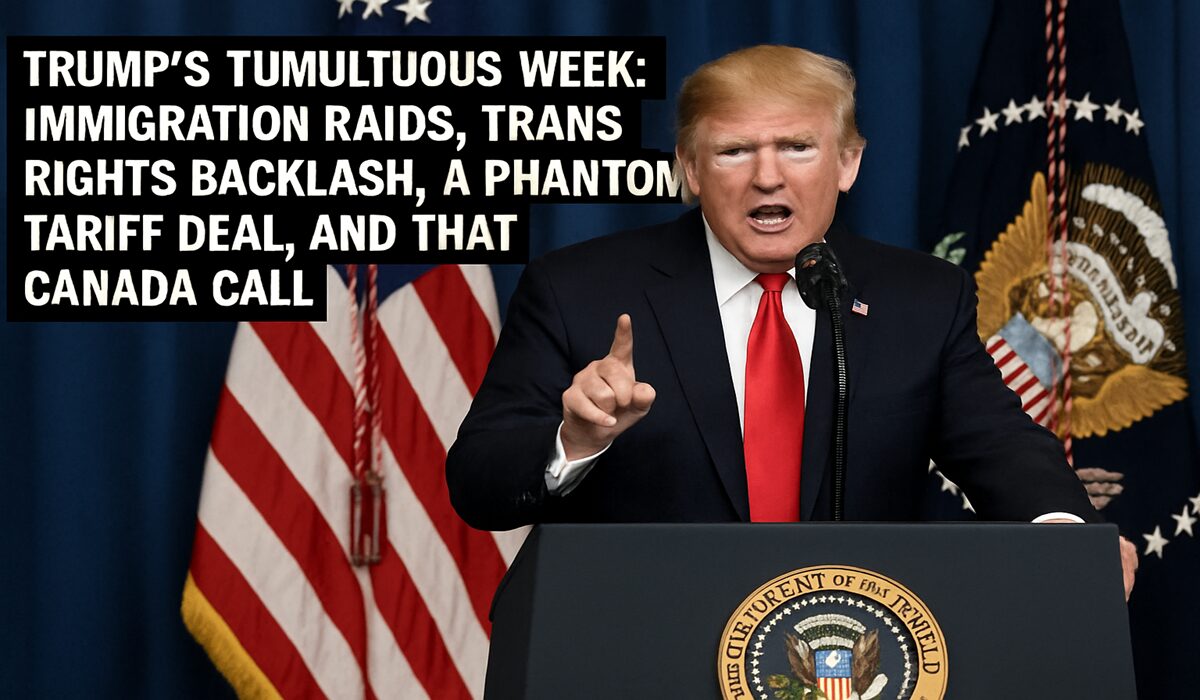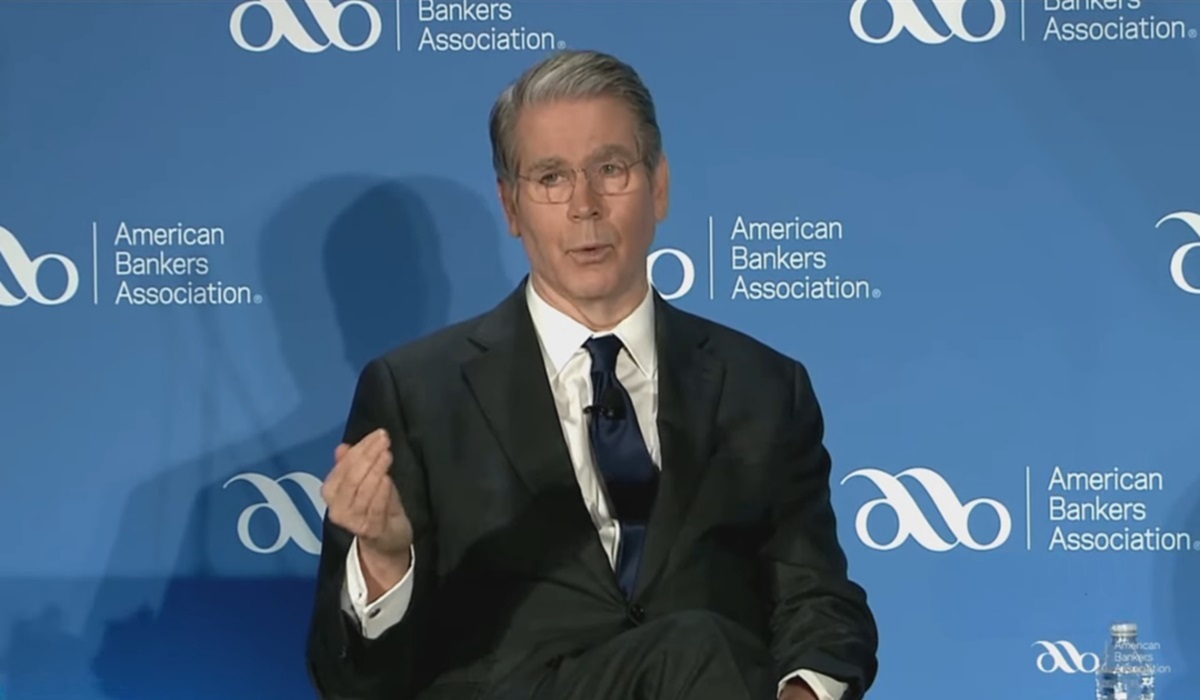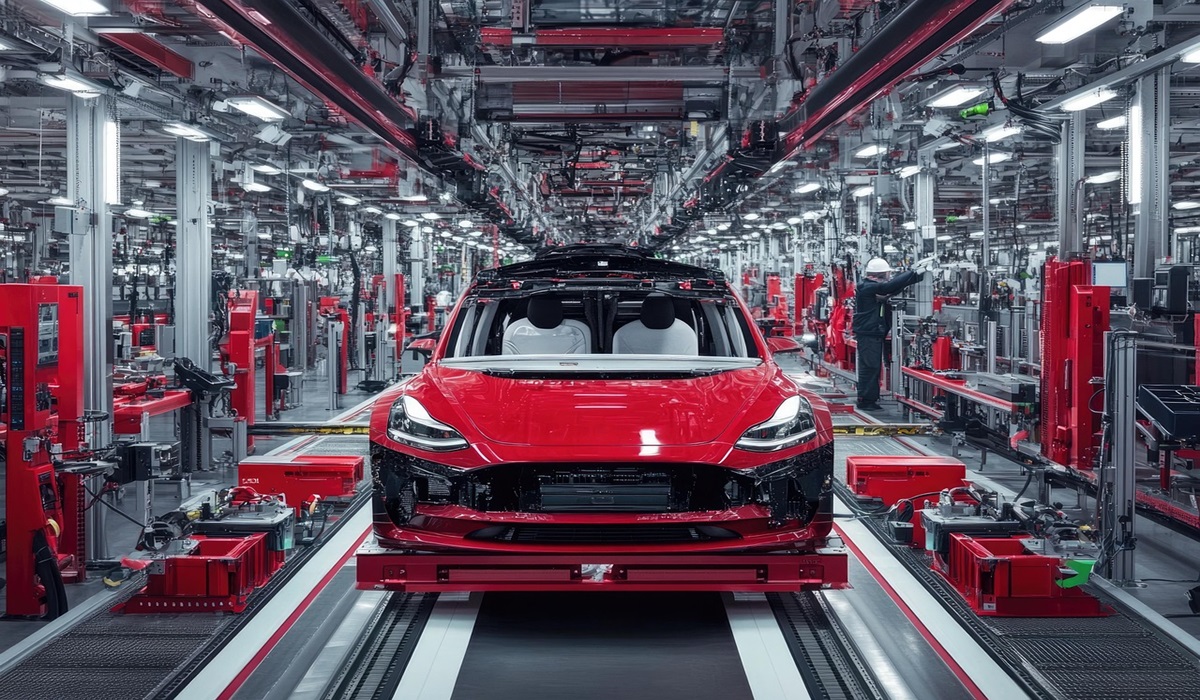DOGE Department: Musk and Ramaswamy Tapped to Reshape U.S. Government Efficiency
- TDS News
- U.S.A
- November 13, 2024

In a new chapter of his political platform, former President Donald Trump has announced the creation of the Department of Government Efficiencies, or “DOGE,” tasked with streamlining federal agencies and reducing government waste. The initiative, a nod to both fiscal conservatism and corporate restructuring, is a collaboration with high-profile entrepreneur Elon Musk and businessman and political figure Vivek Ramaswamy, both of whom Trump appointed to co-lead the department.
This novel agency is framed as a way to address America’s spiraling national debt, which has recently hit record levels. The administration’s goal is not merely cost-cutting, but to initiate a deep structural overhaul, much like the organizational shake-ups that Musk has implemented at companies like Tesla and Twitter. DOGE is to function with the same guiding principles of corporate efficiency, focusing on trimming redundancies, eliminating bureaucratic bloat, and introducing private-sector metrics of accountability to government agencies.
In his announcement, Trump stated that Musk and Ramaswamy have been tasked with completing their restructuring by July 4, 2026, coinciding with the United States’ 250th anniversary. The symbolic timing underscores Trump’s vision of reclaiming American governmental operations from what he describes as a costly and unnecessary bureaucracy.
“I am pleased to announce that the Great Elon Musk, working in conjunction with American Patriot Vivek Ramaswamy, will lead the Department of Government Efficiency (‘DOGE’). Together, these two wonderful Americans will pave the way for my Administration to dismantle Government Bureaucracy, slash excess regulations, cut wasteful expenditures, and restructure Federal Agencies — Essential to the ‘Save America’ Movement,” Trump declared.
This ambitious agenda has sparked optimism among Trump’s supporters, who view Musk’s track record for bold changes as a sign that government inefficiencies will be tackled with unprecedented rigor. Ramaswamy, a vocal advocate of reducing federal intervention, has pledged to bring his business acumen to what he calls “a bloated system of outdated practices.” They aim to create a government that functions with leaner, results-oriented processes, echoing the corporate ethos of “doing more with less.”
Critics, however, have expressed concerns that such deep cuts could undermine essential services. While efficiency is a goal that resonates across party lines, the fear of abrupt downsizing looms over departments responsible for welfare, healthcare, and regulatory oversight. Musk’s previous cost-cutting measures at Twitter, for example, though praised by investors, were controversial due to their impact on employee retention and service stability.
Despite these concerns, Trump’s supporters argue that America is a large-scale organization and that its operations should be managed accordingly. With Musk and Ramaswamy’s mandate, the Department of Government Efficiency may indeed set a precedent for federal restructuring on a grand scale. This endeavor will likely define Trump’s legacy, potentially leaving the government in drastically different shape by the end of their terms.
As the DOGE initiative unfolds, the vision of Musk and Ramaswamy leading this unprecedented transformation will undoubtedly test both the durability and flexibility of America’s governmental structures in the years leading up to the nation’s 250th anniversary.








